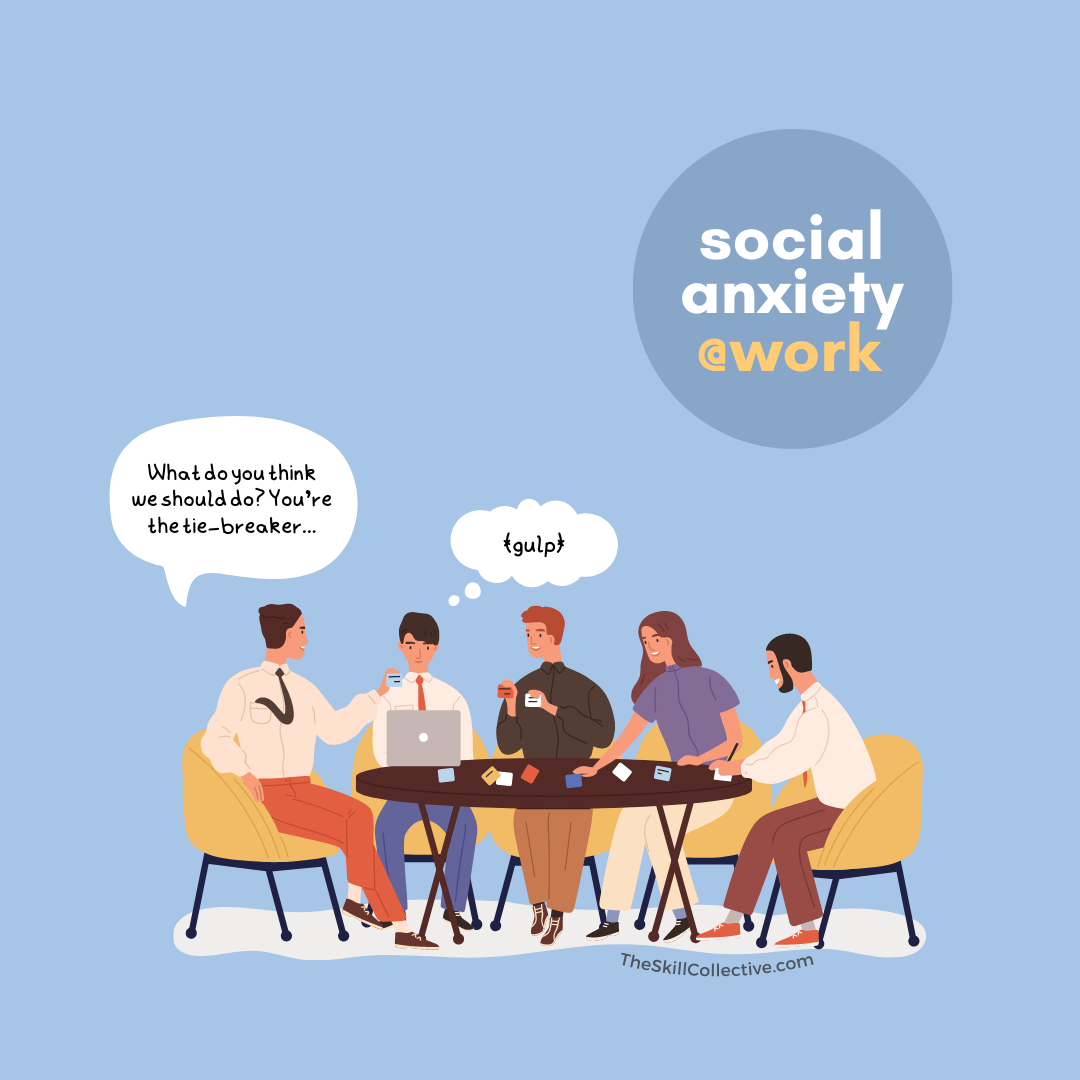Healthy Mindset | Part 1: Review. Reset. Refocus. How to shift when you’re stuck.
By Joyce Chong (updated July 2021)
Do you often find yourself stuck in unhelpful thinking patterns? An unhelpful mindset can have far-reaching consequences - it not only affects your mood, but it can lead you to react in ways you might not usually, or make decisions that don’t lead to ideal outcomes for your wellbeing, mental health, and performance. In contrast, a healthy mindset can help you manage your emotions, stay on track, and feel better more generally.
With this in mind we’re kicking off our four-part Healthy Mindset series. In it, we look at:
How to Review, Reset, and Refocus when it comes to your mindset
Thinking styles that sabotage mental health and wellbeing
Psychological risk factors for Anxiety and Depression
The Anger Mindset
Today we’ll focus on making a fresh start on our mindset by drawing on techniques used commonly in Cognitive Behaviour Therapy (CBT).
REVIEW
Let’s kick thing things off by reviewing your current mindset:
What aspects of your mindset are you happy with? What are you dissatisfied with?
What events typically set you down the path of unhelpful thoughts?
What themes keep cropping up for you?
Take a step back and think about how you think.
That is, think about aspects of your thinking patterns that help (e.g. stepping back and seeing the situation from different perspectives) - these are skills to hold on to.
Now, think about aspects of your mindset that you’re dissatisfied with. What recurring mindset themes can you see (e.g. feeling incompetent when you’re faced with setbacks)? Are there particular triggers for the way you feel?
RESET
Resetting is about looking at wiping the slate clean and preparing to make changes and to think things differently. As part of changing your mindset, it helps to set your expectations appropriately:
You are learning a new skill, and this is a challenging process.
The process of change can be exciting, but also frustrating.
Slip ups will happen, it’s how you recover from them that matters.
Building a new skill is something that takes time, effort, and a LOT of practice before it becomes second nature, so hang in there - you’re investing in longer term change.
REFOCUS
Developing a healthy mindset involves not only about thinking differently in the future, but also preparing for challenges that you may face. Questions to help you reflect on this process include:
What will you do differently when faced with the same situation?
How will you prompt yourself to shift your thinking when faced with the same triggers?
How will you shift unhelpful thinking styles?
How will you maintain your new focus?








(Updated July 2023) Experiencing stress and burnout? The stressors of modern day and lifestyle challenges may be making things worse. Here’s what to do about it.